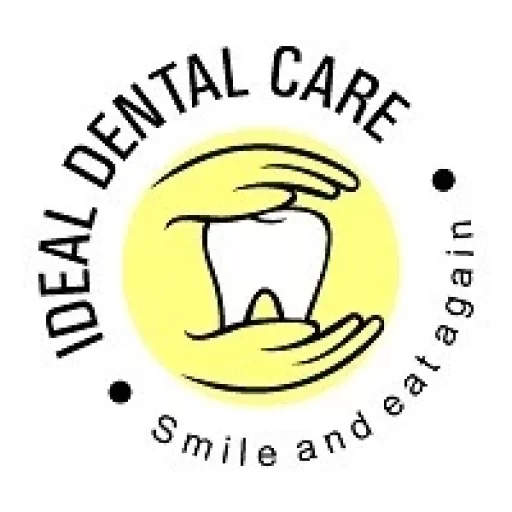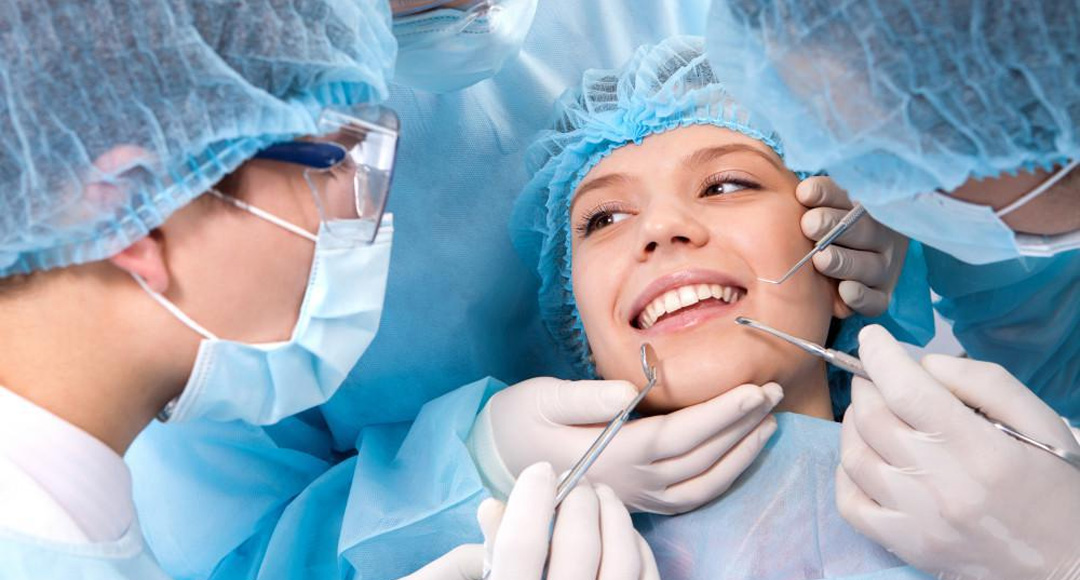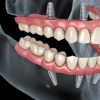WHAT IS ORAL SURGERY, AND DO I NEED IT?
Any surgical operation performed on your teeth, gums, jaws, or other oral tissues is called oral Surgery. Dental Surgery is done by an oral surgeon, maxillofacial surgeon, or periodontist. These are dentists who have received advanced training in oral surgery treatments. Extractions, implants, gum grafts, and jaw procedures are all included.
You’ve been experiencing dental pain for several weeks. The ache has now become excruciating. Perhaps your jaw has been bothering you lately, or You may have recently lost a tooth. Is a trip to the dentist sufficient? What if you require the services of an oral and maxillofacial surgeon? How did you find out?
This article talks about what oral surgery is, who performs it, do you need it, how it can help you, the risks and complications involved, and much more.
What is Oral Surgery?
Oral surgery encompasses procedures performed on your teeth, jaw, gums, or surrounding oral and facial structures. Teeth extractions, corrective jaw surgery, periodontal (gum) grafts, and dental bone grafts, are among the operations covered.
Several types of oral surgery procedures, such as Tooth extraction, sleep Apnea surgery, dental implants, dental bone grafts, periodontal surgery, corrective jaw surgery, and cleft lip and palate repair, are among the most prevalent.
Do you need oral surgery?
You may require oral surgery for a variety of reasons. If you have any of the following issues, Your dentist may recommend it.
- Extensive tooth decay.
- Badly broken teeth.
- Gum disease.
- Impacted teeth.
- Missing teeth.
- Temporomandibular joint disorders (TMD).
- Bone loss in your jaw.
- Sleep Apnea.
- Oral cancer.
- Benign oral pathology (noncancerous lumps or bumps).
How is Oral Surgery performed?
Before oral surgery, your healthcare professional will thoroughly examine your jaw joints, teeth, gums, and surrounding structures. They also take dental X-rays and scans to see the roots of your teeth, jawbone, nerves, and other essential oral features. They will create a personalised treatment plan based on this information.
Dental Surgeries are sometimes performed as outpatient operations in a dental office. Occasionally, oral surgery may also be performed in a hospital under general anaesthesia.
The length of your procedure will be determined by various factors, including the type of oral surgery you have, the number of teeth being treated, and whether you select anaesthesia. A single tooth extraction takes roughly 30 minutes, whereas a more comprehensive procedure, such as corrective jaw surgery, takes at least two to three hours.
You will be given specific post-operative instructions following your oral surgery treatment. You must strictly adhere to these rules to limit your risk of bleeding, infection, and other problems.
How can oral surgery help you?
Oral surgery’s primary purpose is to address any issue that interferes with your health. Your teeth, jaw joints, and gums operate unison for optimal dental health and function. Oral surgery offers various advantages, and when done correctly, it can improve patients’ self-esteem.
- Long-term tooth replacement: If you miss a tooth and choose to replace it with an implant, you have selected a highly successful, long-term treatment. Oral surgery and a dental implant replace the entire tooth with a long-lasting and stable solution. When you determine a traditional procedure to replace a missing tooth, such as a bridge or a denture, you will repair the crown of your tooth but not the root, which is located beneath the gum line. This indicates that you will likely have to replace the equipment and undergo future repairs.
- Restore deficiencies and avoid irreversible damage: Your mandibular and maxillary jaw disorders are often progressive and worsen if not treated. We can correct these bone deficiencies before they worsen and improve the ones that have already begun to cause difficulties for you using cutting-edge bone grafting techniques like PRF. We can replace missing tissue with various bone and soft tissue grafts. This will assist in restoring your natural smile and appearance while preventing damage.
- Address the underlying issue: Oral surgery can address the underlying problem rather than merely the symptom. We collaborate with your dentist and orthodontist to build an aesthetically pleasing and functional smile. For example, if you have misaligned jaws, we recommend jaw alignment orthognathic surgery in cooperation with your orthodontist.
- Helps regain a positive self-image and self-esteem: When done correctly, oral surgery can help you regain your lost appearance, smile, and beauty, resulting in a rise in self-esteem and a good self-image.
- Avoid tooth loss: If oral surgery, such as dental implants, is performed on time, it can help prevent tooth loss and restore your teeth, particularly if they have been lost due to injury or infection.
- Restore your smile: This may appear insignificant, but it is not! Our grin is one of the first things people notice about us. Anxiety can arise if you have disorders that impact your smile, such as missing teeth, a cleft palate, jaw misalignment, or a noticeable tumor on your lip or gum. All of these issues can be treated with oral surgery and your unique smile.
What are the risks or complications of oral surgery?
You should be aware of any risks or consequences of oral surgery, just as you should be informed of any risks or complications involved with any procedure. These could include:
- Infection.
- Injury to adjacent teeth.
- Dry socket (When the blood clotting mechanism is disrupted after extractions, this syndrome might occur.).
- Numbness.
- Tooth root fragments.
- Sinus problems.
You can reduce your chance of these issues by following your post-operative instructions and taking all medications as directed. Contact your dentist for further advice if you have any adverse effects.




